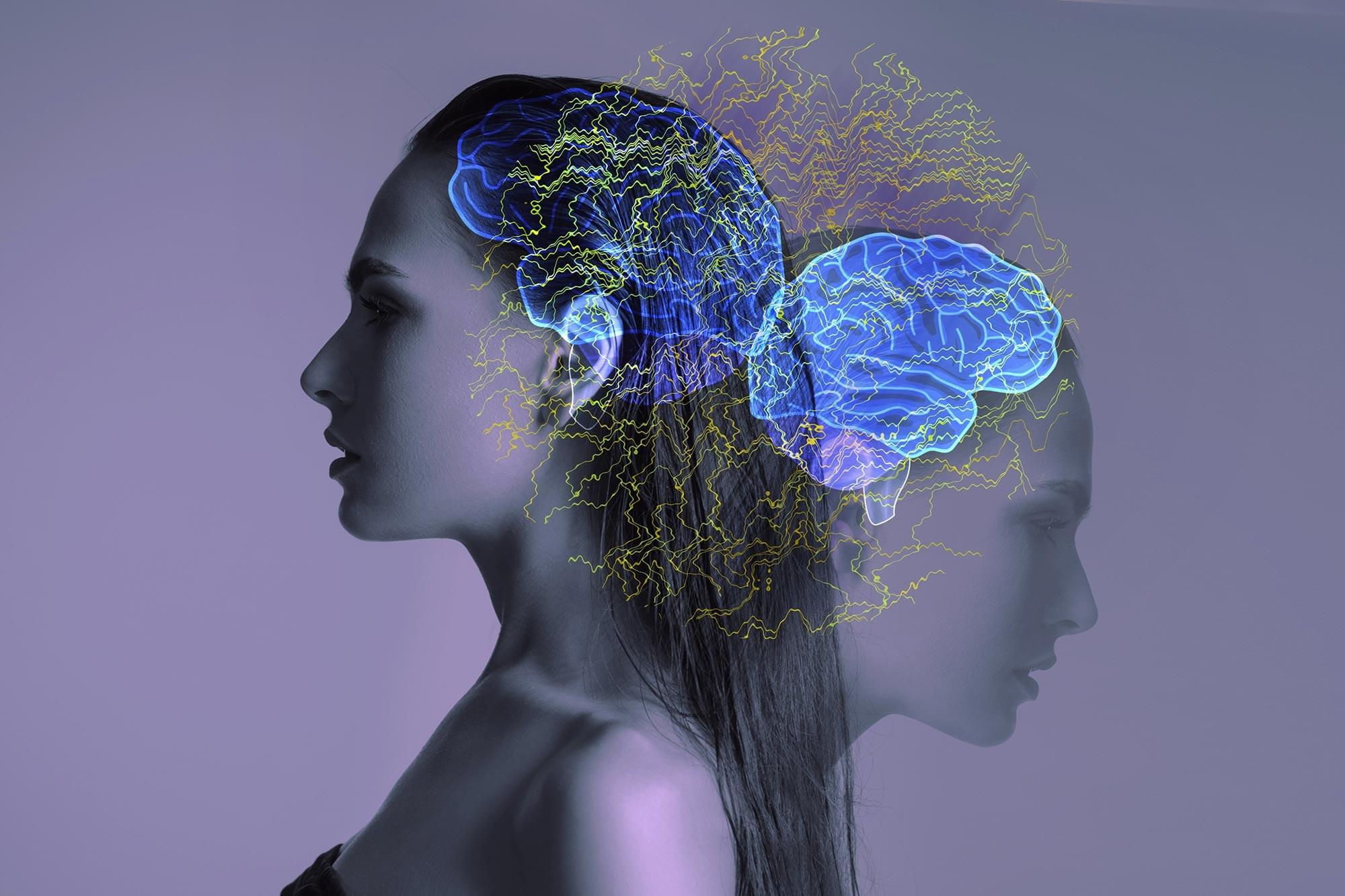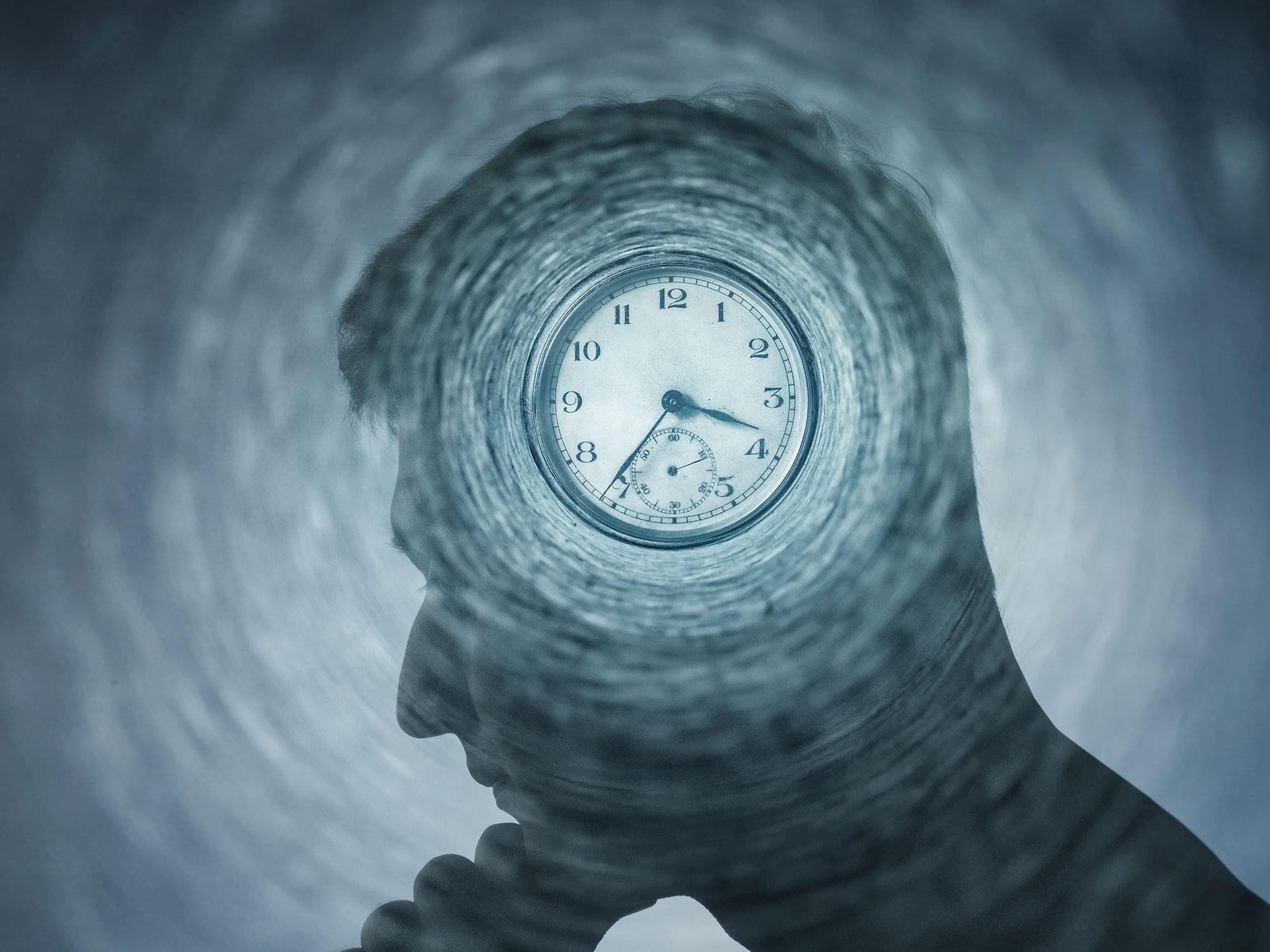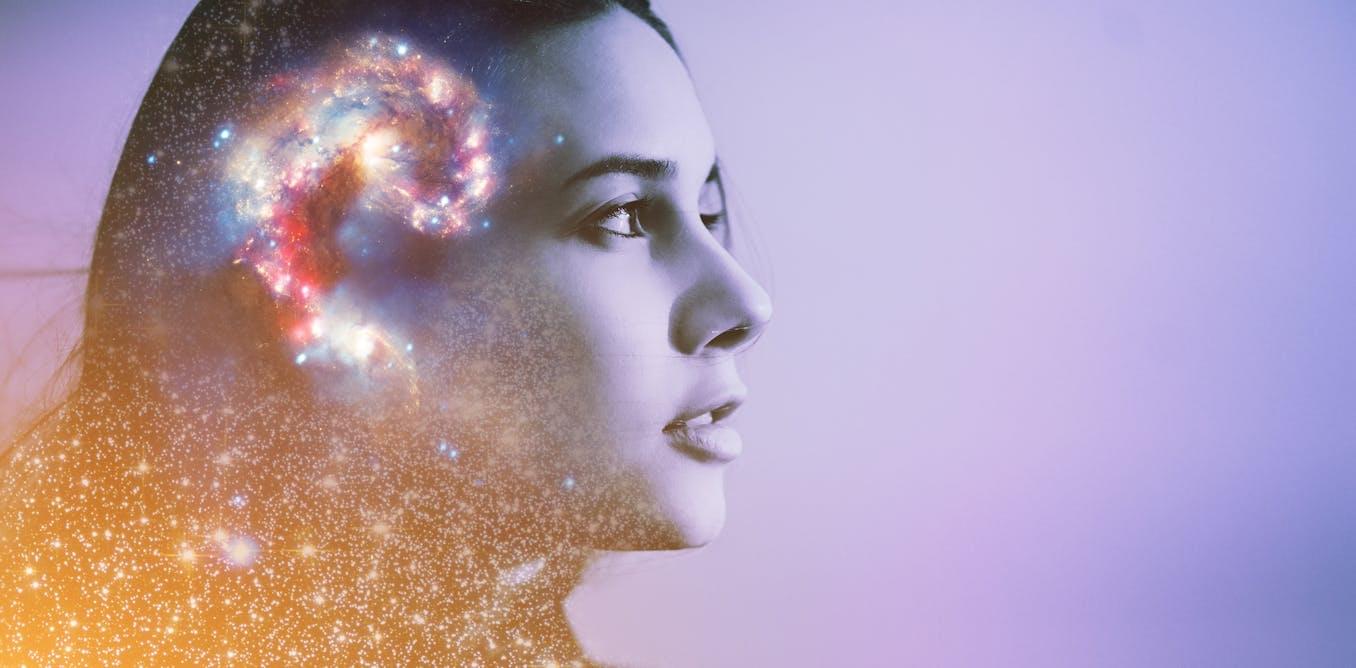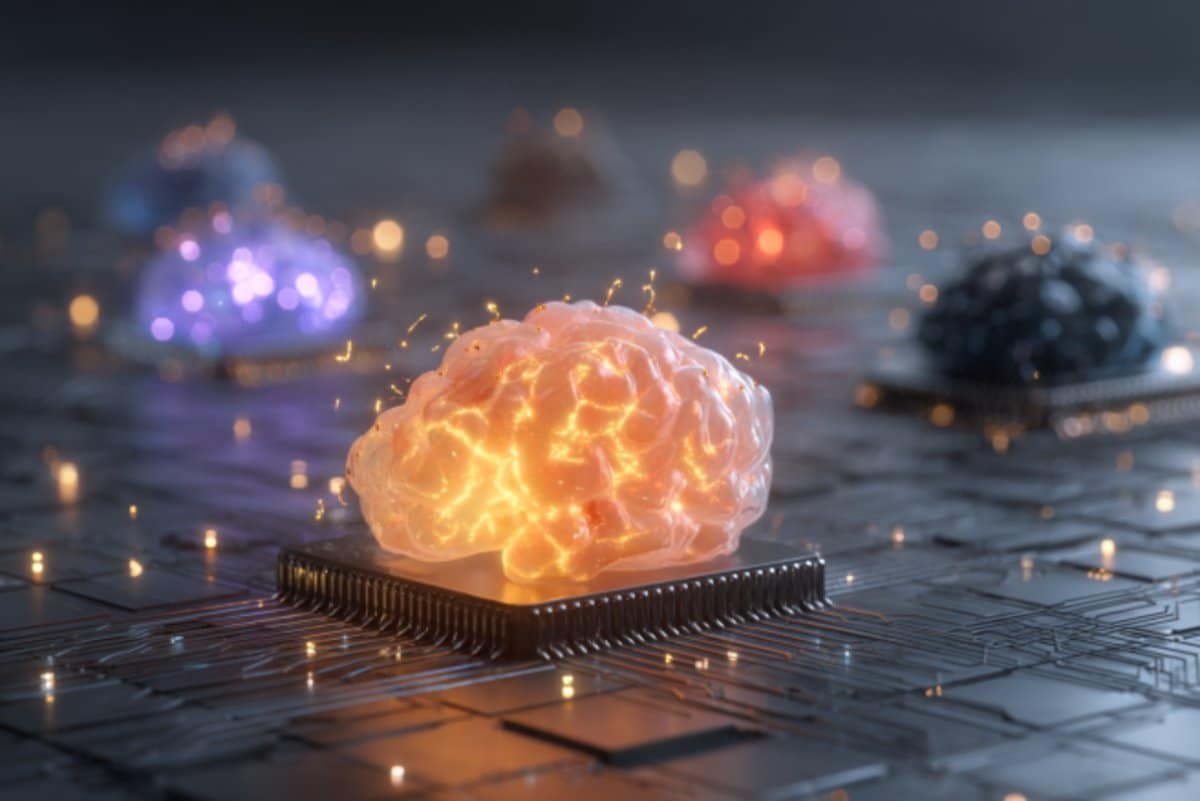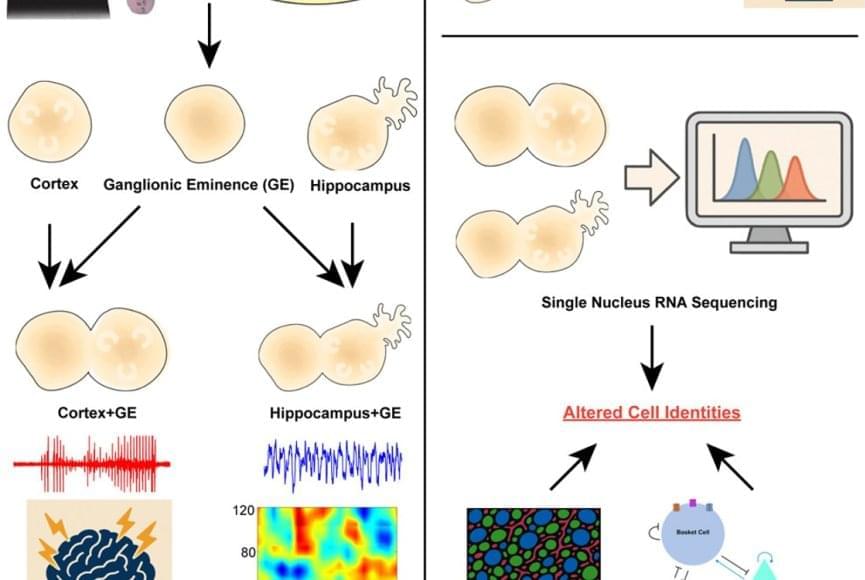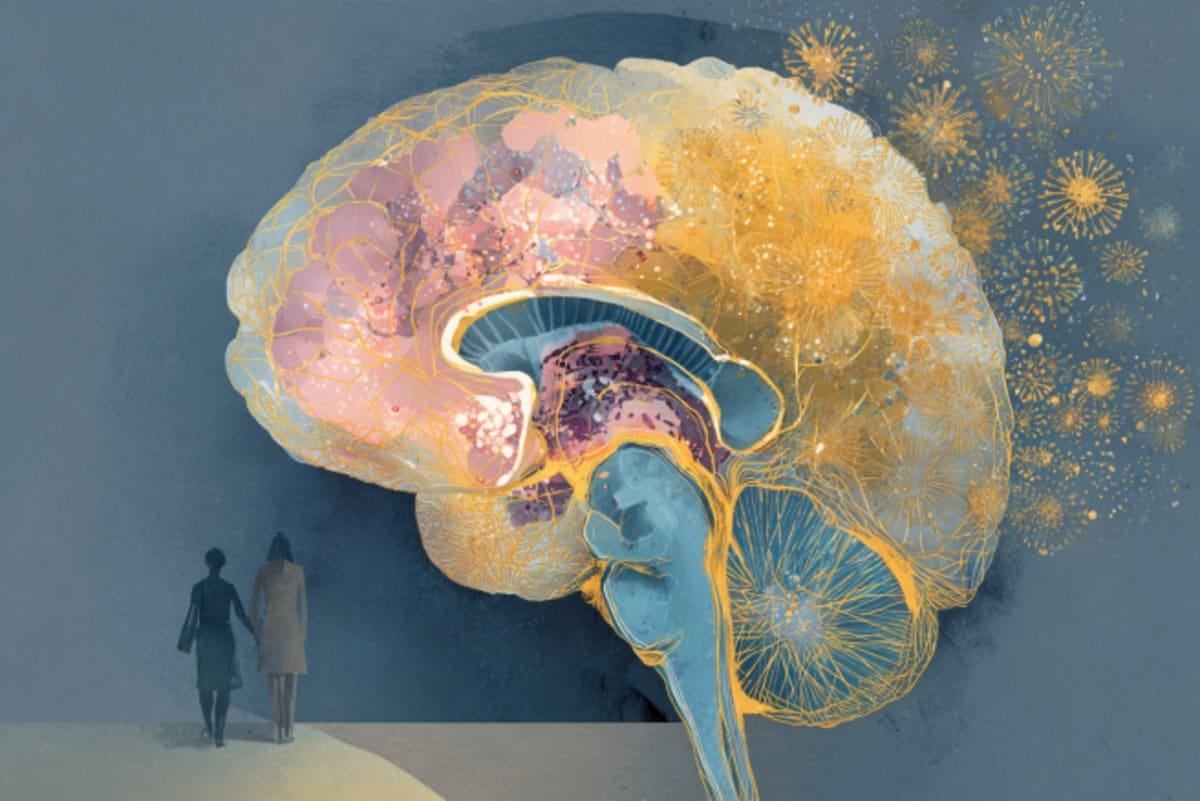The human brain can concurrently support a wide range of advanced mental functions, including attention, memory and the processing of sensory stimuli. While past neuroscience studies have gathered valuable insight into the neural underpinnings of each of these processes, the mechanisms that ensure that they are performed efficiently and in a timely fashion have not yet been fully elucidated.
Researchers at the University of Oxford and other institutes recently set out to explore how the activity of large-scale cortical functional networks, interconnected brain regions in the brain’s outermost layer, changes over time. Their findings, published in Nature Neuroscience, suggest that the overall order in which these networks become active follows an inherently cyclical pattern.
“This research was inspired by observations that transitions between large-scale brain networks are asymmetric: we have seen that in many cases it is much more likely that network X follows network Y than the other way around,” Dr. Mats W.J. van Es, postdoctoral researcher at the University of Oxford and first author of the paper, told Medical Xpress.

